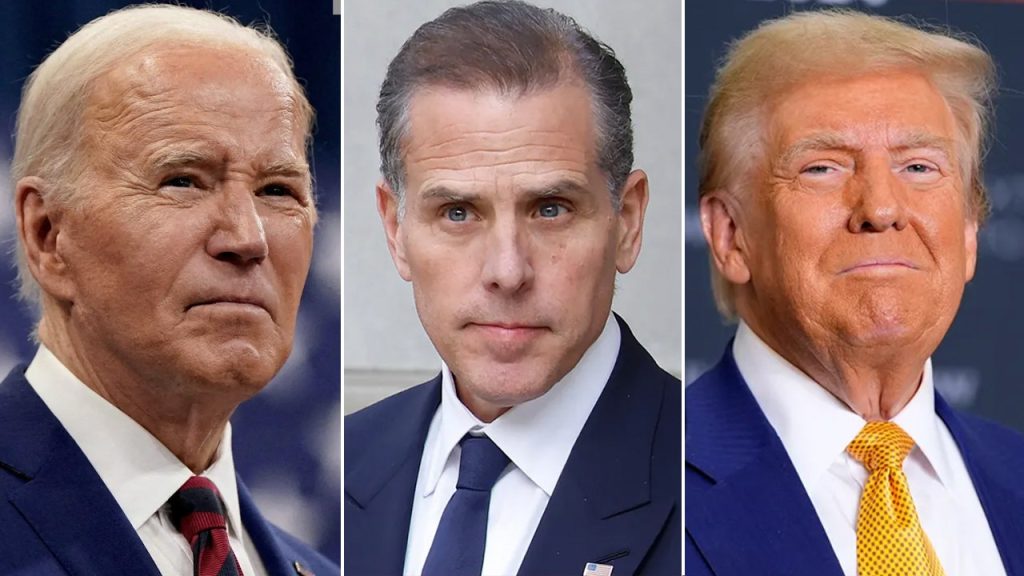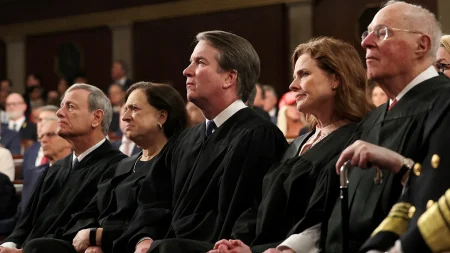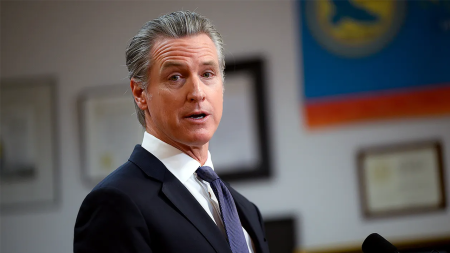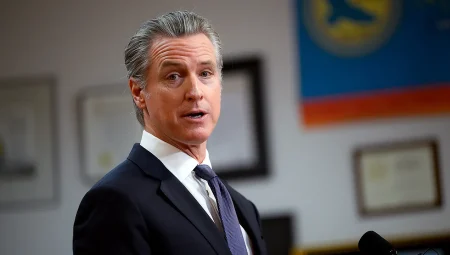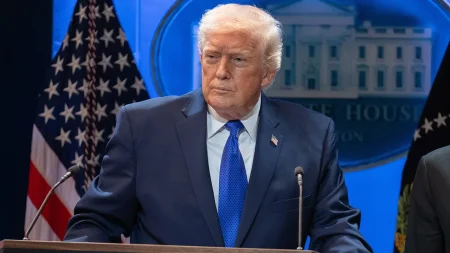The Fox News Politics newsletter provides a detailed update on several key political issues surrounding the recent pardon of Hunter Biden by President Joe Biden, the shifting dynamics within the Republican Party, and ongoing challenges related to immigration and border security. A focal point of contention is the implications of Biden’s pardon for Hunter, especially as it contradicts previous statements made by Biden and White House Press Secretary Karine Jean-Pierre, who faced scrutiny for suggesting that the president had “wrestled” with the decision. The pardon has generated bipartisan criticism, with Republican leaders arguing that it undermines the principle of accountability, particularly in light of Biden’s repeated claims that “no one is above the law.”
The decision to pardon Hunter Biden has sparked fierce debate over the integrity of the legal process and potential political ramifications. Critics, including various GOP lawmakers, argue that the pardon reflects a sense of privilege enjoyed by the Biden family, while also portraying it as politically motivated—essentially a gift to Trump and his supporters. The divide between parties deepens as Republicans reaffirm their stance that Biden’s pardon contradicts his claims of upholding the law fairly. Among these criticisms was a notable response from Mike Johnson, a Republican congressman, who characterized Biden’s handling of the pardon as damaging to the integrity of justice in America.
In the wake of Biden’s pardon, attention has also turned towards matters of foreign policy and national security. Biden’s recent trip to Africa has been characterized as one where promises regarding U.S. policy were “over-promised and under-delivered,” particularly in the context of the expanding influence of China on the continent. Concurrently, the administration’s decision to block new mining operations in a region responsible for a significant portion of the nation’s coal production has drawn scrutiny from various stakeholders, who see it as detrimental both economically and strategically.
As the House of Representatives prepares for an intense election period, the Republican focus is notably on seizing control, highlighted by ongoing challenges such as a single House race dilemma that could grant them a majority. The political landscape is also evolving in response to Trump’s anticipated victory; conservative sentiments are reportedly galvanizing across Latin America, which some view as a consequence for global dictators. This shift not only affects the U.S. but also resonates with international political dynamics as conservative figures in Latin America feel emboldened.
The implications of Biden’s controversial decisions extend to local politics, where California Governor Gavin Newsom’s initiative to allocate state funds to combat the federal government’s policies showcases an effort to “Trump-proof” the state against any legislative changes from Washington. Issues such as crime reduction strategies are also gaining attention, as experts suggest that blue and purple states are shifting towards a more aggressive stance on law enforcement, reflecting an evolving public sentiment on crime.
Overall, the intersection of Hunter Biden’s pardon, immigration policy, and the upcoming electoral battles underscores the complex and polarized political atmosphere in the United States. With Trump’s political influence still palpable and affecting both national and local political strategies, the dynamics within Congress and beyond are likely to continue shifting in response to these high-stakes developments. As the political landscape transforms, projects initiated under the Biden administration may also face a reevaluation in light of future Republican leadership.





